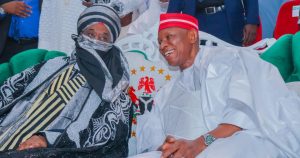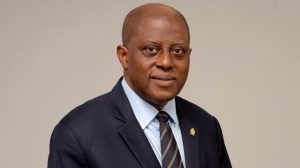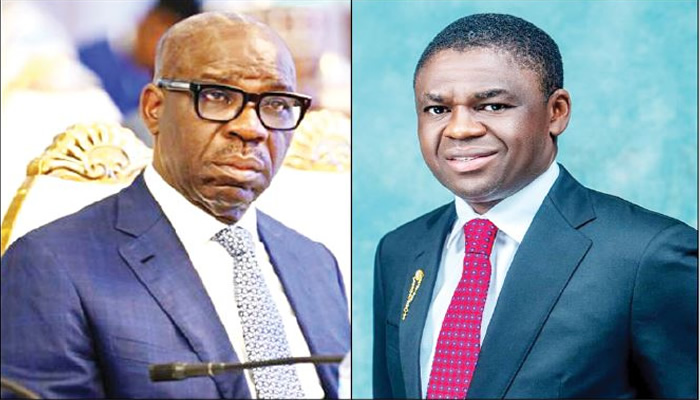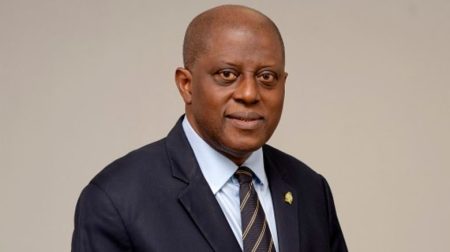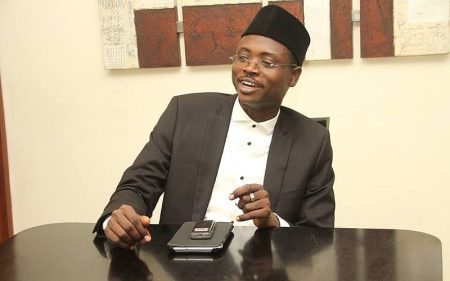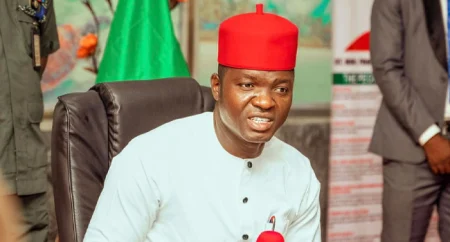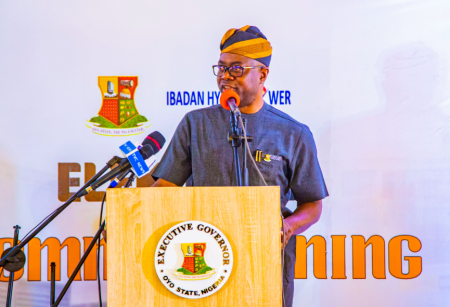Philip Shaibu, the former Deputy Governor of Edo State, has publicly revealed his longstanding lack of faith in the leadership of ex-Governor Godwin Obaseki, dating back to before their joint assumption of office on November 12, 2016. In a candid interview on Channels Television’s Political Paradigm, Shaibu articulated his reservations concerning Obaseki’s political acumen and suitability for the governorship, stating that he never truly believed in Obaseki’s capacity to lead. He pointedly asserted that Obaseki’s ascension to power was primarily orchestrated by others, and that he himself was convinced to support the candidacy out of respect for the urging of Adams Oshiomhole, the former National Chairman of the All Progressives Congress.
Shaibu’s initial resistance to Obaseki’s candidacy stemmed from his belief that Obaseki lacked the inherent qualities of a politician. He underscored that it was Oshiomhole who championed Obaseki’s cause and ultimately persuaded him and others to back the then-aspiring governor. The rationale presented by Oshiomhole, according to Shaibu, centered on Obaseki’s economic background and private sector experience, which were deemed essential to navigate the anticipated economic recession. Despite his personal reservations, Shaibu eventually acquiesced to Oshiomhole’s persuasive arguments and the collective decision of the party, but maintained his underlying skepticism regarding Obaseki’s leadership potential.
The former deputy governor further elaborated on the political maneuvering that preceded their first term, revealing that the existing political structure was dismantled to accommodate Obaseki’s candidacy and to align with Oshiomhole’s vision for the state. This significant restructuring, as described by Shaibu, involved relinquishing established networks and consolidating power around Obaseki. This act of political sacrifice, undertaken at Oshiomhole’s behest, underscored the extent to which the party was willing to reshape its internal dynamics to facilitate Obaseki’s rise to power.
However, the dynamics of their second term in office presented a stark contrast, according to Shaibu. He characterized the second term as being dominated by “godfatherism” within Edo State, implying a shift in power dynamics and the emergence of influential figures wielding significant control behind the scenes. This altered political landscape, he suggested, contributed to the escalating tensions and eventual rift between himself and Obaseki.
Shaibu’s public airing of his doubts regarding Obaseki’s leadership casts a revealing light on the internal political machinations within Edo State. His statements suggest a complex interplay of political maneuvering, persuasion, and underlying skepticism that shaped the political trajectory of the state. The dismantling of the existing political structure to pave the way for Obaseki’s governorship, coupled with the alleged emergence of godfatherism during the second term, paints a picture of a rapidly evolving political landscape characterized by shifting alliances and power struggles.
This candid revelation by Shaibu provides a deeper understanding of the political undercurrents that influenced the Obaseki administration. His initial reluctance to support Obaseki, his eventual acquiescence based on Oshiomhole’s assurances, and his subsequent characterization of the second term as a period of godfatherism offer valuable insights into the intricate power dynamics at play within Edo State politics. This public disclosure contributes to a more nuanced understanding of the events and decisions that shaped the political landscape during Obaseki’s tenure as governor.


